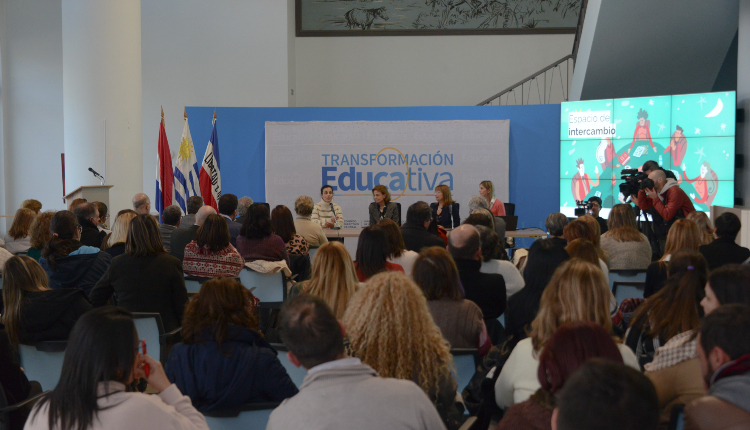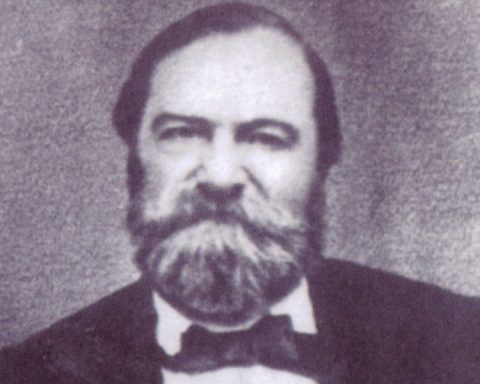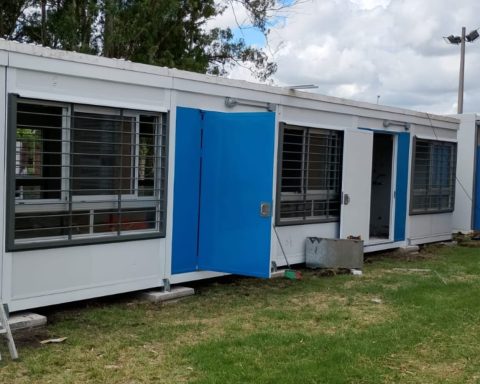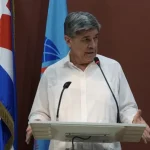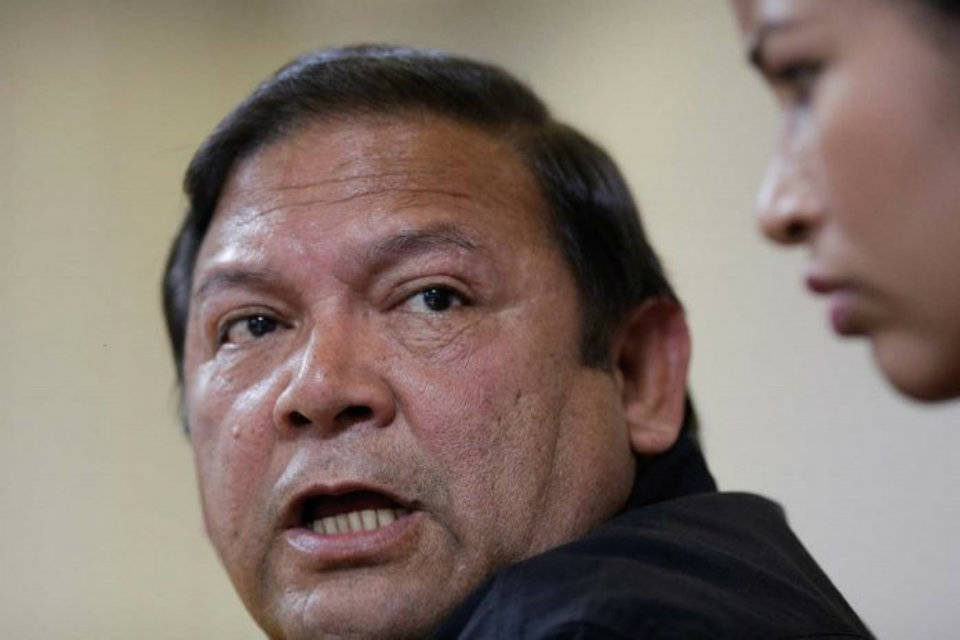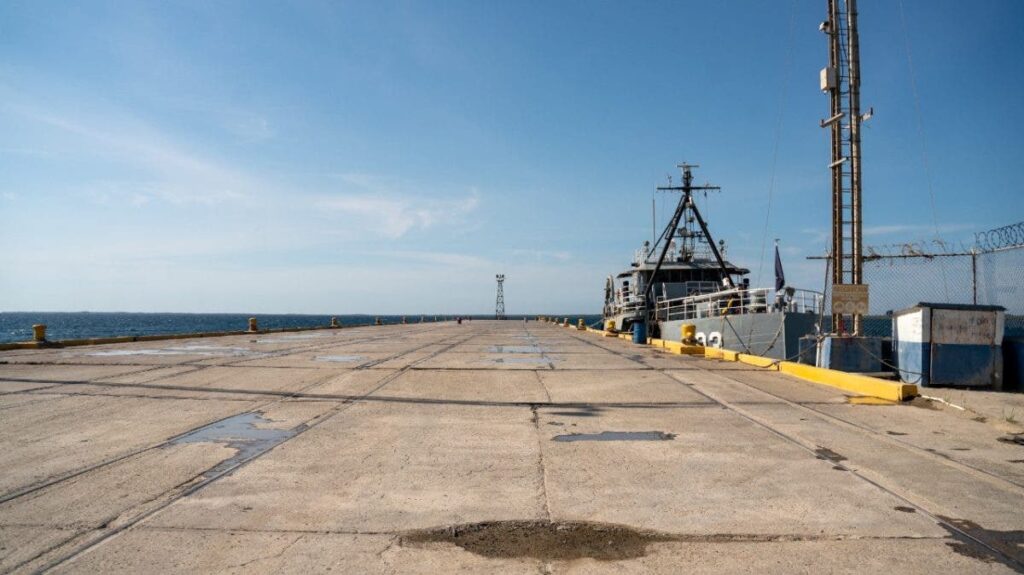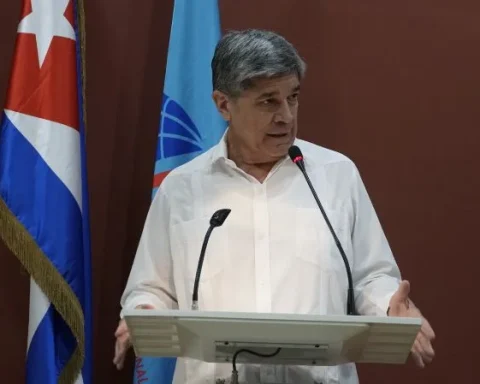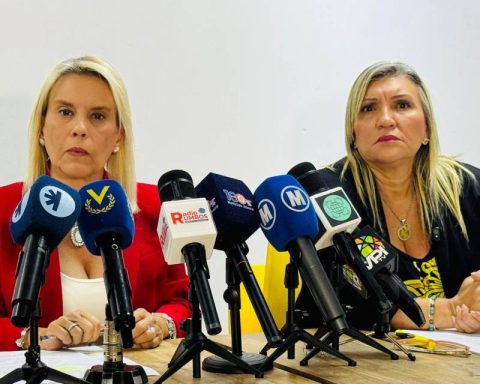The education authorities, headed by the president of the National Administration of Public Education (ANEP), Robert Silva, along with delegates from all the subsystems and the Technical Teaching Assemblies (ATD), participated in the launch of the preparation of the programs of curricular transformation.
On this occasion, thirteen program commissions and a working group on curricular autonomy were installed. In addition, seven coordinators were determined by curricular space of the four subsystems that have representatives. The ATD of compulsory education were also added: Primary, Secondary and UTU.
During the meeting, Robert Silva recalled that the changes in the curriculum are part of the guiding lines contained in the ANEP’s educational policy for this period of government, and developed in depth in the Educational Development Plan 2020-2024 presented to Parliament in August 2020.
“In that sense, and without prejudice to underlining that the two years of the pandemic affected us quite a bit, today we are strongly committed to completing a comprehensive curricular transformation in our educational system,” he explained. Silva also described the initiative as “a historical event.”
He declared that it is necessary to think about the student and their trajectory, from Initial Education to the end of Baccalaureate. In relation to this concept, the hierarch clarified that this initiative seeks to focus on students, and assured that this objective will only be achieved with the work of the commissions.
On the other hand, the executive director of Educational Policies of ANEP, Adriana Aristimuño, explained that, in accordance with the National Curriculum Framework, the new programs will be designed by competencies (Computational Thinking, Creative Thinking and Critical Thinking are some of them).
First stage
Silva announced that from 2023 the process of curricular transformation will begin to materialize at the different educational levels. However, he warned that it will not be possible to address “the serious problems of interruption of the educational trajectories of our young people only with the curricular change. There is no doubt that this change is fundamental, but we also have to turn this framework towards a national teacher policy”.
